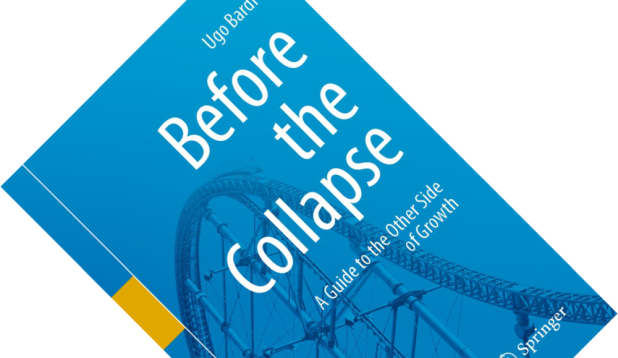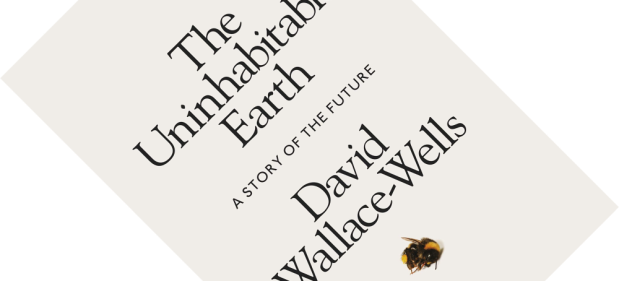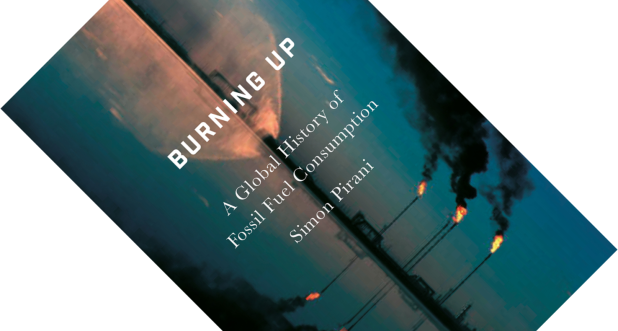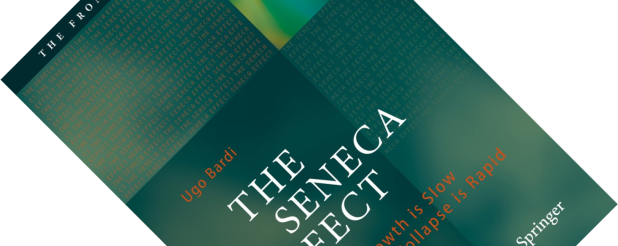6-minute read
Collapse is a feature, not a bug. This motto is almost like a mantra to physical chemist Ugo Bardi. He is interested in complex systems and how they collapse. Whether they be human-made structures, companies, societies, or ecosystems; he follows the thinking of Roman philosopher Lucius Annaeus Seneca (4BCE–65CE) who wrote, in Bardi’s words, that “growth is slow, but the way to ruin is rapid”. This led Bardi to write The Seneca Effect in 2017, which was reviewed here previously. Now he is back with Before the Collapse, a book aimed at a wider audience that promises to help readers understand and navigate collapses in their lives.






